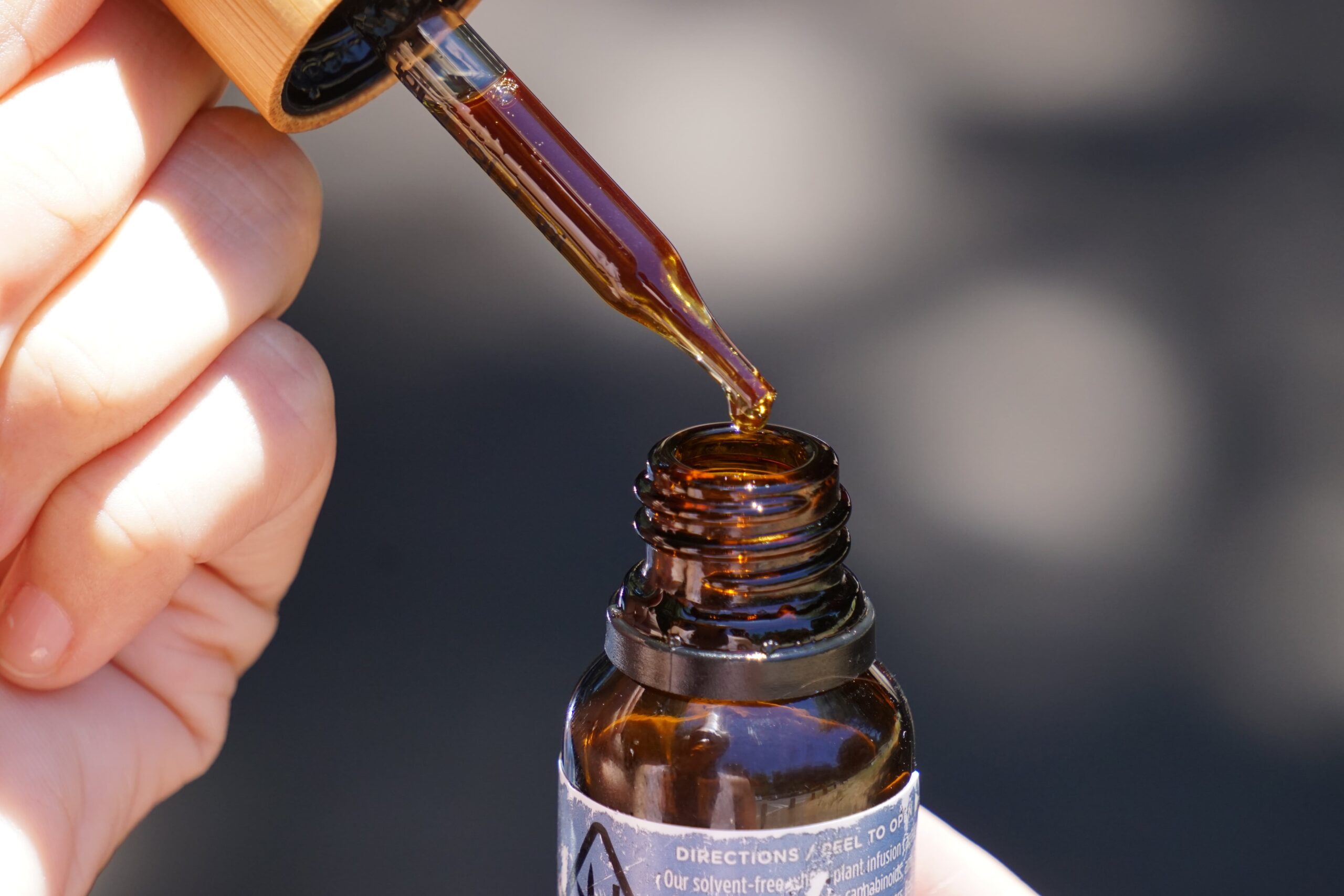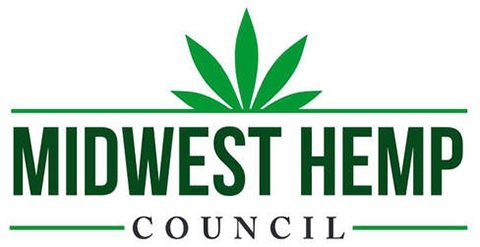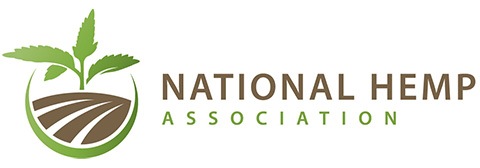
Nearly four years ago, in the wake of the CBD bust, a related industry dealing largely in isomers of THC made from hemp-derived CBD sprang up and quickly overtook all other hemp sectors.
While concrete data on the hemp-derived cannabinoid market – which includes products such as delta-8 THC, HHC, CBN, and dozens of other molecules – is scarce, it’s safe to say that it’s orders of magnitude larger than the CBD market ever was, even at its peak. This growth has occurred despite uncertainty as to the legal status of such products, a topic that many hope will be resolved by the upcoming Farm Bill.
Hemp Benchmarks recently spoke with Bret Worley, CEO of MC Nutraceuticals (MCN), for perspective on the large and quickly-growing hemp-cannabinoid market. Worley characterized MCN as the largest distributor of hemp cannabinoids in the world. He provided detailed insight on supply and demand in the market, as well as prices for various hemp-THC and other hemp-cannabinoid molecules. Additionally, Worley shared his views on where the market is headed and how upcoming legislation and regulation may impact the industry, or not.
Overview of MCN and the Hemp-Cannabinoid Industry
Worley is in a unique position to comment on the hemp-cannabinoid market. MCN supplies roughly 8,000 kilograms of cannabinoids a month to over 600 companies in 27 countries, though he noted that about 90% of the firm’s revenue comes from the U.S. market. MCN’s customers are primarily hemp-cannabinoid companies and brands, but Worley said that his company also serves some MSOs (Multi-State Operators) and others doing business in state-licensed adult use and medical cannabis markets.
There are currently 46 cannabinoids in MCN’s portfolio. MCN produces most of its molecules in-house, performing isomerization on CBD that it purchases in isolate or full-spectrum form. Worley added that CBG and CBDV can also be used as precursors to manufacturing other cannabinoids.
Worley is also currently involved in helping shape legislation and regulation of the industry. He noted MCN operates according to Part 117 of Current Good Manufacturing Practice (cGMP). While the hemp-cannabinoid industry is sometimes criticized as being unregulated, Worley stated, “We are regulating, we’re self-regulating,” and pointed out that almost all the companies he’s aware of are cGMP certified or are working towards that credential. He said that MCN performs third-party and in-house testing of all its inputs and the products it sells according to cGMP standards.
What Drives Demand in the Hemp-Cannabinoid Market?
When asked which of MCN’s products are currently rising in popularity, Worley replied, “a lot of things are going towards a blend [of cannabinoids] … the industry is moving towards [goods] tailored to more of a blend with either delta-8 THC being the base or HHC being the base.”
In regard to what drives demand for particular products, Worley stated, “I think we get to steer the ship a little bit, just because we tailor to so many brands and we get to see so much data.” However, he noted, “at the end of the day it’s really the consumer; is the consumer looking for effects? Do they just want a trusted brand? You’re going to have different houses of consumers … it’s either the brand name or the desired effects.”
Hemp-Cannabinoid Wholesale Price Trends
Apart from a momentary uptick in the price of CBD isolate this past summer, prices for MCN’s inputs and for many of their products have been relatively steady, according to Worley. He pegged CBD isolate’s price as generally stable at $235 per kilogram “for almost a year now.”
“Delta-8’s price hasn’t moved at all,” Worley stated. “The delta-8 price drives everything below it,” he explained, due to the fact that delta-8 is a precursor to HHC and CBN, as well as being the most consumed molecule that MCN deals in. “If delta-8 doesn’t move … then nothing else can move.”
Worley credited the stability in delta-8 THC’s wholesale price to hemp-cannabinoid brands having “a lot of buying power. They’re able to say, ‘I’ll just go to another manufacturer who’ll lose money for a little bit and sell to me just because he wants my business.’”
Overall, “It seems like the market has stabilized on all of the core molecules, even down to HHC; [there’s] still some price compression in CBN … I think that’s stabilizing quite a bit; THCV is still coming down … some of the more novel or newer, more expensive molecules we’re still seeing price compression.”
What Determines the Prices of Hemp-Cannabinoid Products?
While prices are stabilizing, the prices of various inputs and molecules can vary a great deal owing to several factors. Some, such as CBDV biomass, are simply a more scarce commodity, resulting in a price orders of magnitude greater than CBD biomass.
Cost of production also plays a role. Worley provided the example of CBN, “you’re going to need three kilos of delta-8 to make one kilo of CBN,” he pointed out, “so if delta-8 is $350 a kilo, you’re now at $1,050 for your cost … and obviously you have to mark it up … with overhead.” In the case of HHC, one kilogram of delta-8 generally makes one kilogram of HHC, although there is about 10% – 15% loss, resulting in HHC’s price being about 40% more expensive than delta-8 with overhead and profit margin taken into account.
“Everything’s uniquely different … on how it’s made … what your input cost is; it’s just kind of knowing what your inputs are and what that gets you,” Worley concluded.
Expectations for Future Hemp-Cannabinoid Price Trends
When asked whether contracting CBD farming might impact the prices of inputs for MCN’s products, Worley said “right now I feel pretty comfortable for about the next year.” He elaborated, “There’s a safety stock of what’s called mother liquor, which is the offput of what comes out of your [CBD] isolation chamber; there’s probably about a year’s worth of mother liquor on the shelf which could be reprocessed [into CBD isolate] if needed. So my guess, maybe it’s a hope, … is that safety stock would buy us enough time for that growing of biomass to catch up.”
For the core inputs, Worley said he doesn’t anticipate prices will change much in the next year. He expects CBD biomass to hold steady around current levels, crude CBD oil to hold at between $90 – $110 per kilogram, full spectrum CBD oil at $140 – $160 per kilogram, and CBD isolate to stay at $235 – $250 per kilogram. Worley also re-emphasized that the price of delta-8 THC governs the others and noted that his company is constrained in pricing that molecule at $350 – $400 per kilogram by current costs and inputs.
“We haven’t seen much pricing change in the past year. I think it would take an act of God for there to be a 10% increase in price,” he speculated.
Looking further ahead, however, Worley noted he’s starting to hear “rumors of Ecuador, Colombia … I even heard Croatia” producing CBD biomass and isolate that’s being imported into the U.S. “We’re starting to hear of the rest of the world growing or making CBD products to fuel the U.S. demand, which will be interesting.”
Impact of the Farm Bill on the Hemp-Cannabinoid Industry
Even as the hemp-cannabinoid market is developing international supply chains, there’s still some uncertainty on the domestic front. Some consider the rise of psychoactive hemp-cannabinoids as a “loophole” in the 2018 Farm Bill that legalized hemp and its derivatives, one that could be closed with the upcoming version of the legislation that will be finalized in 2024.
For his part, Worley’s opinion is that the industry has grown too large to simply be shut down. “When you talk about a potential $20 billion market,” he noted, citing research from Whitney Economics, “there becomes serious implications … . I don’t believe [the government] would eradicate hundreds of thousands of jobs.” Overall, Worley does not expect the hemp portion of the Farm Bill to change significantly from the 2018 version.
Worley pointed out that hemp is a miniscule portion of what is addressed in the Farm Bill and that Congress has “bigger things to deal with” regarding staple crops, subsidies, nutrition programs for low-income people, and the like. He also emphasized that numerous federal courts have issued opinions affirming the legality of delta-8 THC and related products.
After our interview with Worley, Congress passed stopgap funding legislation that extended the 2018 Farm Bill through September 2024. President Joe Biden signed the bill into law on November 17. Consequently, it appears that the hemp-cannabinoid industry will have almost an additional year of business as usual in regard to the federal regulatory environment.
Impact of State Laws on the Hemp-Cannabinoid Industry
Laws are also being passed by states, sometimes banning delta-8 THC and other psychoactive hemp cannabinoids completely. However, Worley noted that bans are being put in place with decreasing frequency in recent years and, where they have been implemented, a number have been overturned in court. “Because of the … language that’s in the Farm Bill [the hemp-cannabinoid industry] has been able to actually take back markets” where products were subject to bans, he pointed out.
“We’ll continue to see pushback [against bans from hemp-cannabinoid companies] and that really should open up more markets,” Worley predicted. As a result, he expects the market to continue to expand at a healthy clip, particularly as regulators and the broader public become more “educated” about hemp-cannabinoid products. He also noted that bans against delta-8 THC can have unintended effects. For example, since CBN is made using delta-8 as a precursor, a ban on delta-8 is essentially a ban on both.
In addition to bans, states are regulating hemp-cannabinoid products in various ways. As noted earlier, Worley is involved in the lawmaking and regulatory processes as a member of the board of American Healthy Alternatives Association, a hemp-cannabinoid industry advocacy group. When asked whether state regulations have impacted MCN’s operations, specifically their quality assurance and safety testing of products, Worley said that they did not due to his company already adhering to cGMP standards, but “it is expensive, so … it probably would affect a smaller operation.” He added, “it’s hard to be compliant, but it’s proper.”
Where Does the Hemp-Cannabinoid Market Go from Here?
Overall, Worley sees continued strong growth for MCN and the hemp-cannabinoid industry at large. He noted that his company has doubled its revenue year-on-year since it started three years ago and plans on doing so again next year, at least.
He also anticipates the hemp-cannabinoid industry and state-licensed adult use cannabis industries will overlap increasingly. “We’re seeing a lot of MSOs either start the conversations or already get in … we expect about 50% of MSOs will enter the market next year,” Worley predicted. He noted that he’s begun to have discussions with stakeholders in the industrial hemp and adult use cannabis industries about combining advocacy efforts: “we’re all rowing in different directions from a federal political level and getting nowhere; if we all get in the boat together, we’re going to start going places.”
Ultimately for 2024, Worley expects a “consolidation event” in which about 20% of the companies in the hemp-cannabinoid industry will fail due simply to not being well-run. “I think we’re getting to a mature market area,” he observed, “we’ll see bigger companies … swallow smaller companies and you’ll see … smaller companies that are run well take more market share.”
Even as the number of players in the market contracts, Worley projected that the industry as a whole will see 30% to 45% growth next year, “just because the demand is large enough,” along with expansion into international markets. “The market size will continue to go up at a very fast pace.”


